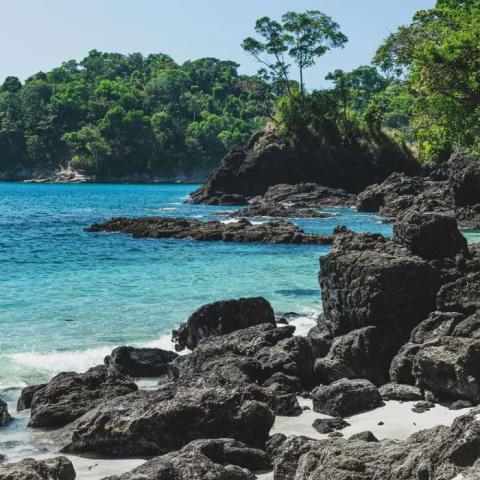How can IPBES best support policy? Let's discuss with the IPBES Secretariat

Join IPBES for a sneak preview of its future support for policy: how can we improve it?
Updated 18 April 2024
How IPBES supports policy
Alongside its assessments of biodiversity and nature's contributions to people, IPBES does a range of related work. This includes supporting policy:
- Activities to increase the policy relevance of IPBES assessments. Examples include workshops with practitioners, and ways to make IPBES assessments more relevant to policy.
- Activities to promote and support the use of IPBES products in decision-making. Examples include publishing factsheets that concisely summarise IPBES assessments, working with (sub)regional science-policy platforms, networks and assessments, and showcasing successful examples in the IPBES impact-tracking database (TRACK).
- Discussing the future of this part of IPBES's work with several stakeholders, and developing a concept note.
For details, see the current workplan.*
Invitation to an online dialogue
Right now, IPBES is planning for future work in this area. In October 2023, it collected ideas and suggestions from different stakeholders. It has now compiled them into a draft concept note for the IPBES Plenary
Join IPBES on 18 April 2024, 14:30-16:00 CEST for a sneak preview of the concept note. As stakeholders, we are invited to discuss it: our comments will be considered for the final version.
>> See the official invitation
An external review of the concept note is scheduled. Find out how you can become a reviewer and make sure your ideas are considered: submit your comments by 31 May 2024.
*The workplan is part of of the IPBES Plenary's Decision IPBES 10/1 that you can download as a pdf or docx.
Photo by Etienne Delorieux on Unsplash: Manuel Antonio National Park in Costa Rica is often considered among the most beautiful national parks and beaches in the world. Costa Rica as a country is also considered a champion of conservation and biodiversity: it has protected a large part of its area, and ecotourism is a major economic activity. Find out more from SINAC.
